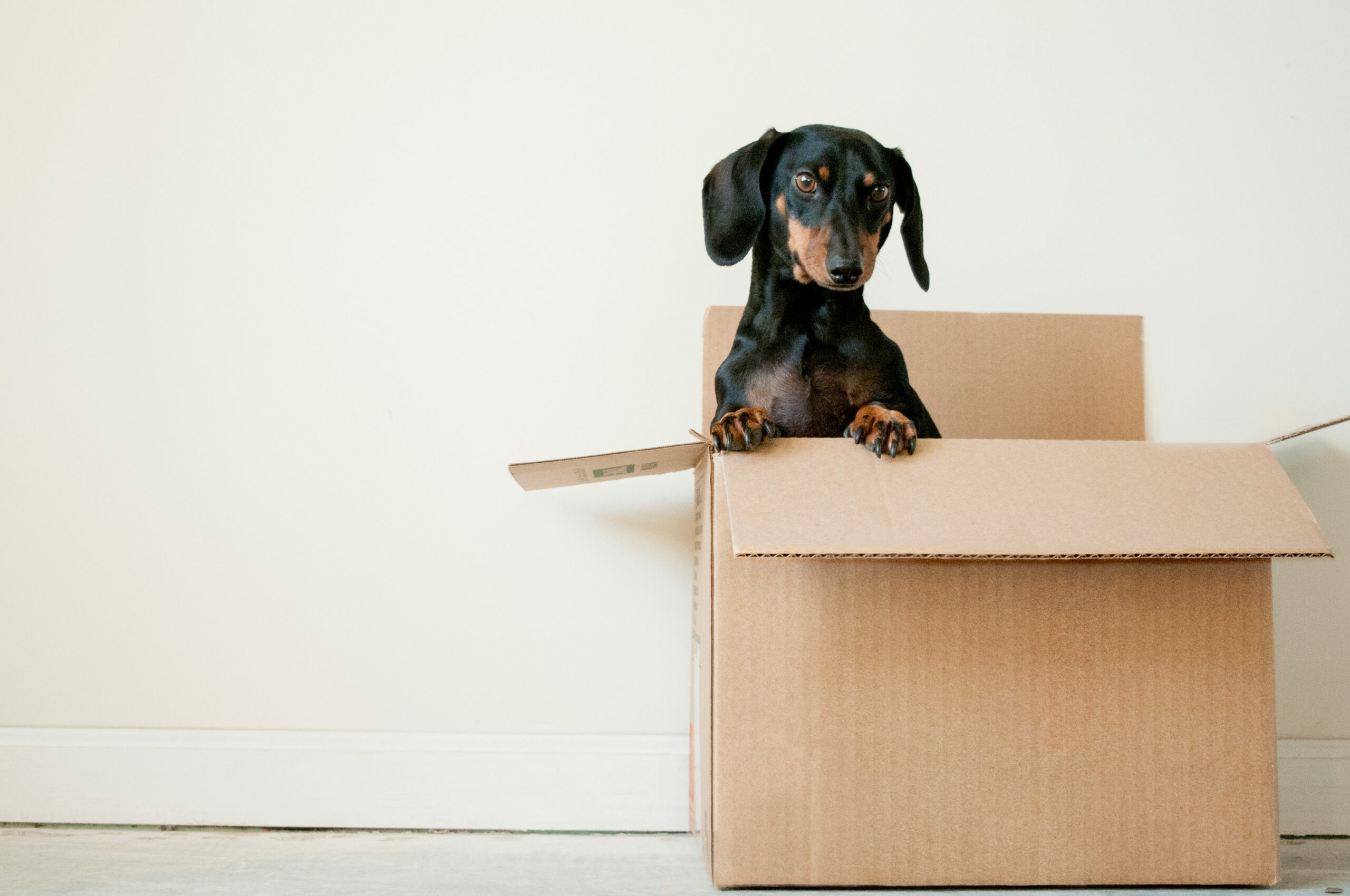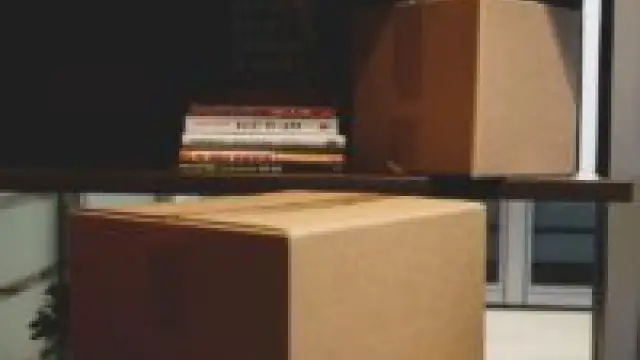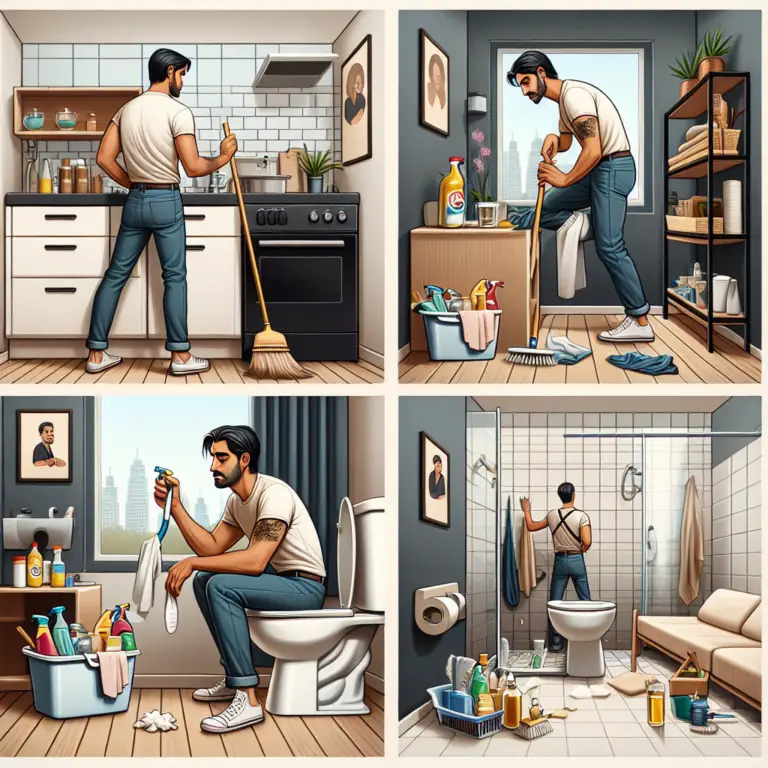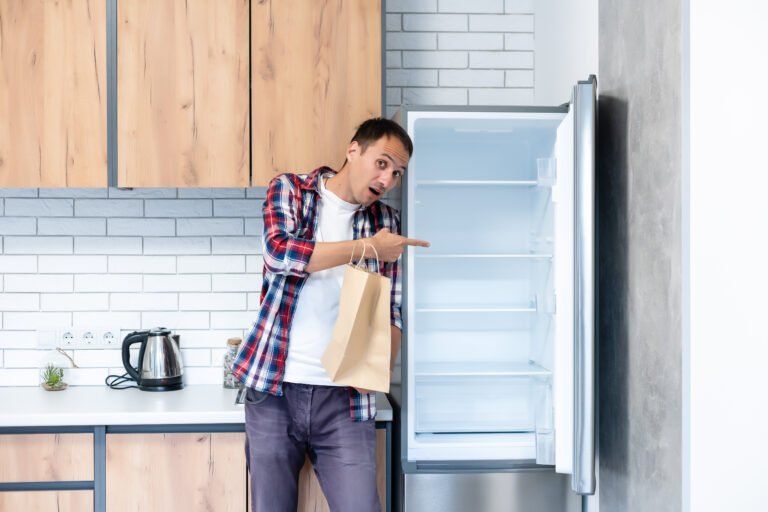The Hidden Pitfalls of Moving: What Most People Leave Behind
When moving, people often forget certain items or tasks that can make the process more stressful. Here’s a comprehensive list of things people commonly forget to take or do:
What People Often Forget When Moving: The Ultimate Checklist
Moving into a new home is exciting, but it’s also one of life’s most stressful events. Between packing boxes and scheduling movers, it’s easy to forget important items or tasks that can create chaos on moving day. To help you avoid last-minute panic, we’ve put together the ultimate checklist of things people often forget when moving—so you can stay ahead of the game and transition smoothly into your new space.
1. Packing & Inventory: The Easily Overlooked
- Essential Documents: Birth certificates, passports, insurance policies, tax records, and legal papers should be packed in a secure, easy-to-access folder. Tip: Keep these in your personal bag—not in a moving truck.
- Storage Spaces: Don’t forget items tucked away in basements, attics, or garages. This includes decorations, tools, and old keepsakes.
- Cleaning Supplies: Vacuum cleaners, mops, and brooms are often forgotten in closets or laundry rooms.
- Small Electronics & Chargers: Cords, chargers, power banks, and headphones are easy to misplace. Wrap them with their corresponding devices and label the bag.
- Prescription Medications: Pack your medications and keep refills in mind. Many people forget to pick up a refill before moving.
- Spare Keys: Keys for sheds, garages, or storage units often stay behind. Add them to your essentials bag.
- Sentimental Items: Framed family photos, memory boxes, or heirlooms often get lost in the rush. Pack them early and label clearly.
- Outdoor Gear: Garden tools, lawnmowers, patio furniture, and bikes shouldn’t be an afterthought.
- Valuables: Jewelry, cash, and important collectibles should be transported personally—not with movers.
- Food: Check your pantry, fridge, and freezer. Donate what you can’t take and toss expired items.
- Home Décor: Wall art, mirrors, and decorative pieces are often left until the end—and then forgotten.
- Tool Kit: Keep tools accessible for disassembly and setup in the new home.
- Clothing & Shoes: Especially seasonal clothes stored in less obvious places like under beds or in spare closets.
2. Pre-Move To-Do List: Get Ahead of the Game
-
- Notify Utilities: Contact water, gas, electricity, internet, and cable providers to transfer or cancel services.
- Change of Address: Update your address with the post office, banks, insurance companies, subscription services, and more.
- Cancel/Transfer Subscriptions: Magazines, newspapers, meal kits, or gym memberships—don’t pay for services you can’t use.
- Confirm Movers: Double-check your moving company’s schedule or confirm help with friends/family if it’s a DIY move.
- Pet Care: Arrange for transportation or temporary boarding. Don’t forget food, toys, leashes, and medication.
- Childcare: Moving day is hectic. If you have young kids, arrange for a sitter or drop them off with family.
- Reserve Elevators & Parking: If you’re moving into or out of an apartment, reserve time slots in advance.
- Disassemble Furniture: Save time and avoid damage by taking apart beds, desks, and shelving beforehand.
- Declutter: “Moving is the perfect time to simplify,” says Marie Kondo, organizing expert. Donate or sell what you don’t need.
- Home Security: Inform your alarm company and plan to deactivate or transfer your security system.
- Get Supplies: You’ll need boxes, tape, bubble wrap, labels, furniture pads, and a dolly for heavier items.
3. During the Move: Stay Calm and Coordinated
- Clear Pathways: Ensure walkways to the truck are free of obstacles to avoid delays or injuries.
- Final Clean-Up: Wipe down surfaces and vacuum floors. Leave the old place in move-in condition.
- Essentials Bag: Pack a backpack with a change of clothes, toiletries, chargers, snacks, and water. Include important documents and medications too.
- Contact Numbers: Keep key phone numbers handy—movers, landlord, realtor, and friends/family helping out.
- Secure Fragile Items: Use foam, bubble wrap, or clothing to protect breakables. Clearly label boxes as fragile.
4. Upon Arrival: Get Settled Efficiently
- Inspect Your New Home: Check that plumbing, electricity, and appliances are working.
- Look for Pests: Check under sinks, in cabinets, and corners for bugs or rodent signs.
- Verify Utilities: Confirm that water, gas, electricity, and internet are live and functioning.
- Unpack Essentials First: Start with kitchen supplies, bathroom items, and bedding.
- Introduce Yourself: If you’re moving into a community, say hi to your neighbors—it builds a friendly rapport.
- Immediate Repairs: Tighten loose screws, fix broken outlets, and check smoke detectors.
- Label Smart: Make unpacking easier with clearly labeled boxes. Unload by room if possible.
- Home Security: Change locks, set up cameras, and test alarms for peace of mind.
5. Post-Move Checklist: Final Touches
- Register Your Car: Update your address with your state DMV.
- Update Voting Info: Register to vote at your new address to stay eligible in local elections.
- Unpack & Organize: Don’t rush—unpack thoughtfully and arrange your new home to reflect your style.
- Insurance Updates: Make sure your home, health, and auto insurance policies are current with your new address.

Final Thoughts
Moving doesn’t have to be chaotic. With the right planning and a thorough checklist, you can transition into your new home smoothly and stress-free. Bookmark this list and revisit it throughout your move—and don’t forget to take breaks, hydrate, and celebrate your new beginning!












